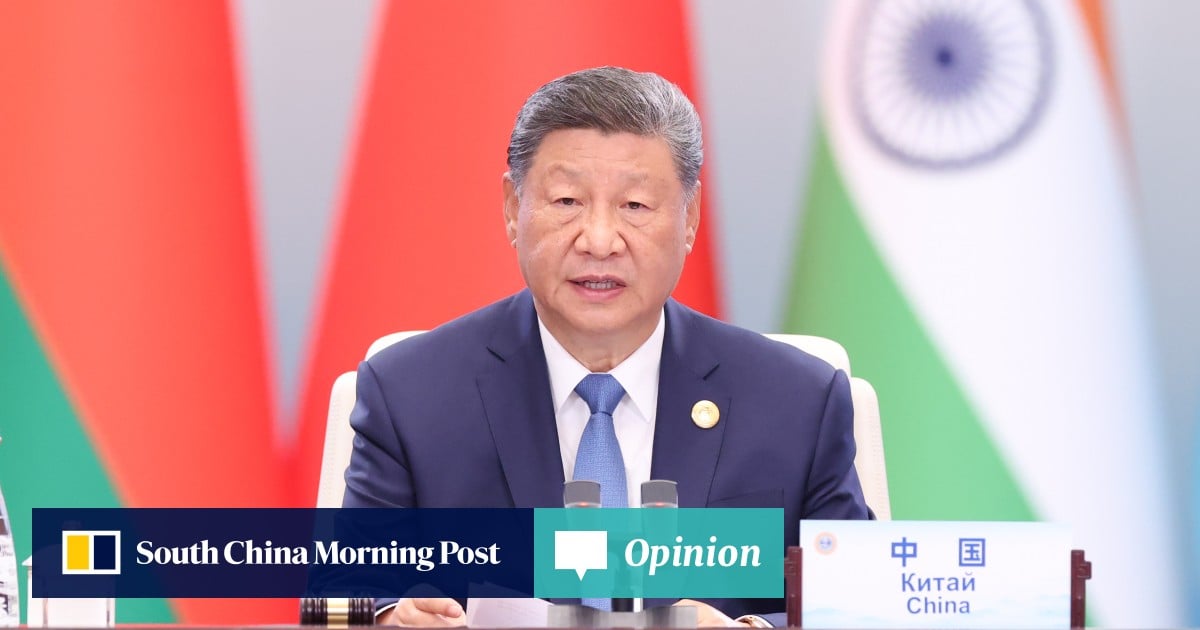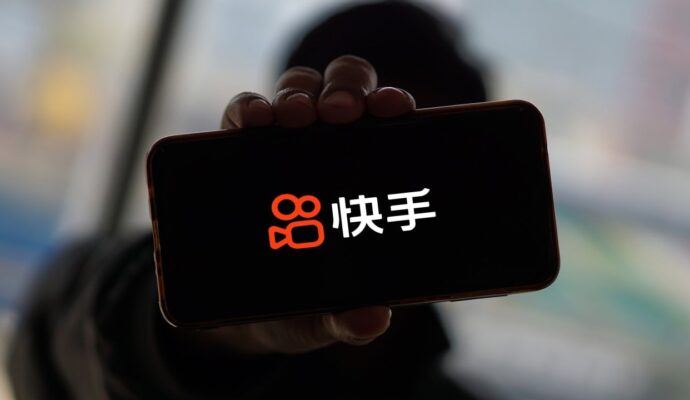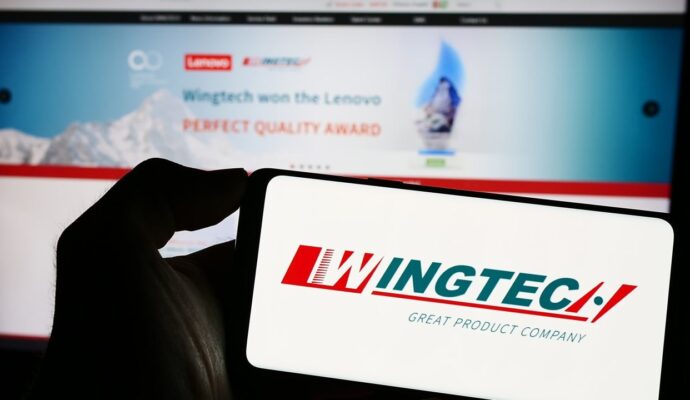
Advertisement
Xi also pledged US$1.4 billion in loans over three years to SCO states and called on the bloc to reject the Cold War mentality, rival blocs and bullying. The loans could be seen not just as Chinese largesse but also as a signal that the SCO is developing its own financial instruments to be less vulnerable to US pressure.
For Iran, the timing is especially critical. By late September, the “snapback” mechanism of UN Security Council Resolution 2231 could restore sanctions that were suspended under the 2015 nuclear deal; the resolution itself expires in mid-October. Either way, it would again cut off international finance, just months after Iran’s devastating war with Israel and the United States.
While Iranian President Masoud Pezeshkian did not give lengthy remarks in Tianjin, Tehran has emphasised that integration into SCO financial frameworks is essential for survival under renewed sanctions. The sanctions are likely to target not only Iran’s energy exports but also banking, shipping insurance and access to global payment systems, straining an already battered economy.
Advertisement
The political dimension is no less important. Iran’s admission to the SCO has been framed in Tehran as a strategic victory, signalling that, despite renewed US and European pressure, the country retains allies and avenues for cooperation in the East.

